When winter arrives, frozen pipes are one of the biggest concerns for static caravan owners. Freezing temperatures can quickly impact exposed pipes and lead to costly insurance claims and repairs if pipes burst.
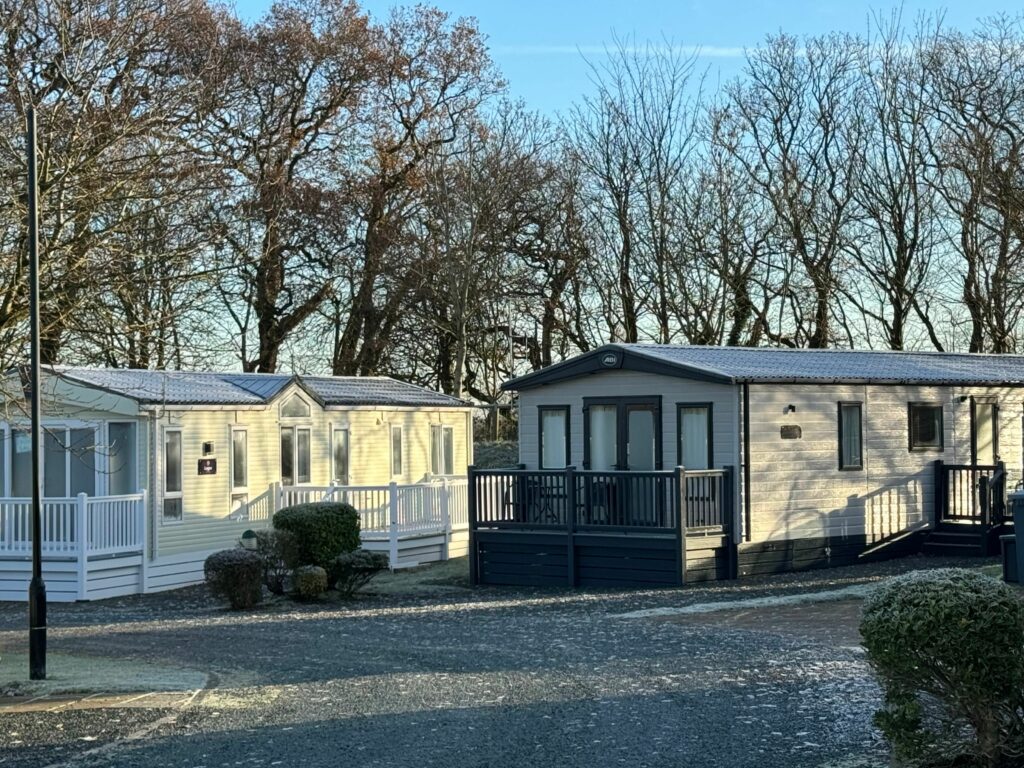
Knowing how to prevent and defrost frozen pipes can save you time, money, and hassle.
Why do static caravan pipes freeze?
Static caravans are especially vulnerable to freezing temperatures due to their exposed locations and often minimal insulation around pipes. When temperatures drop, the water inside pipes can quickly freeze. The first sign you notice could be if water isn’t coming through your caravan’s sink taps. But there’s a bigger worry; when water freezes, it expands, and this can put enough pressure on pipes to cause them to crack or split.
To get water flowing, but more importantly minimise damage and avoid costly repairs, it’s crucial to act quickly and safely to defrost frozen pipes.
Signs your caravan pipes might be frozen
The earlier you can detect frozen pipes, the better. Here are a few common signs:
- No water flow: If you turn on a tap and nothing comes out, a frozen pipe might be the culprit.
- Frost on exposed pipes: If you see frost on any visible section of pipework, it’s a sign that the water inside may have frozen.
- Unusual smells: Odd odours coming from your taps or drains can indicate a blockage caused by ice.
How to safely defrost frozen pipes on your static caravan
Turn off the water supply
Begin by turning off the main water supply to prevent potential flooding if a pipe has cracked. Locate the isolation valve (usually under the caravan or in an outside compartment) and turn it to the “off” position.
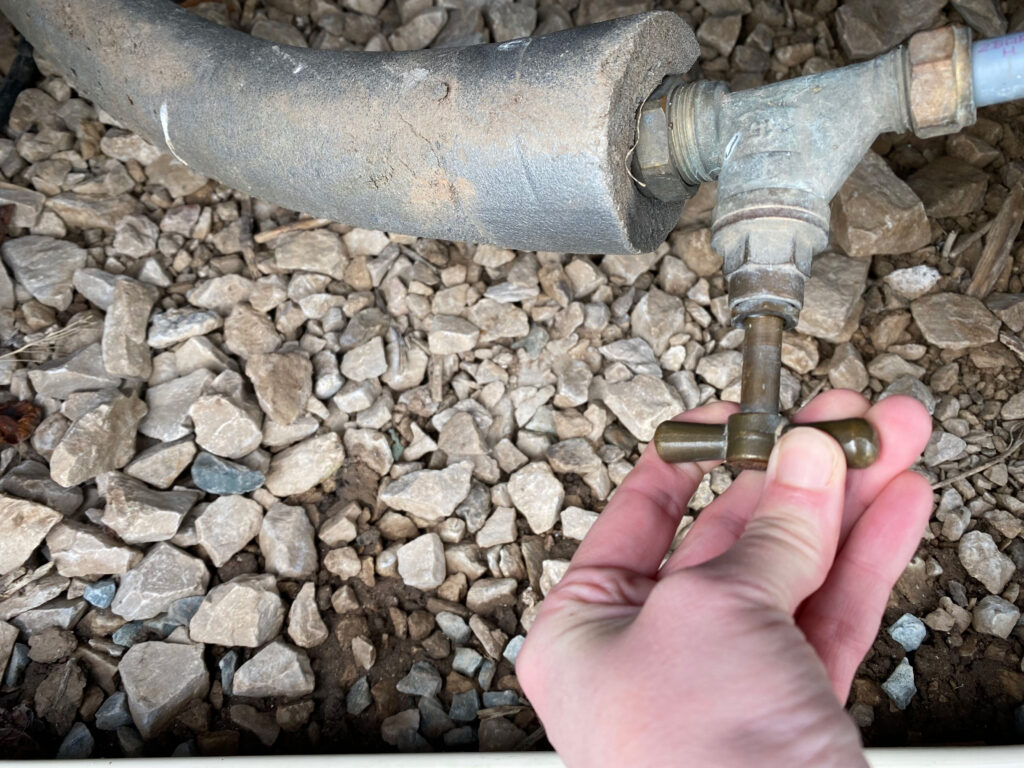
Identify the frozen section
Follow the pipes and locate where frost has accumulated. Common areas for freezing include exterior pipes, under-sink piping, or any sections running through unheated spaces.
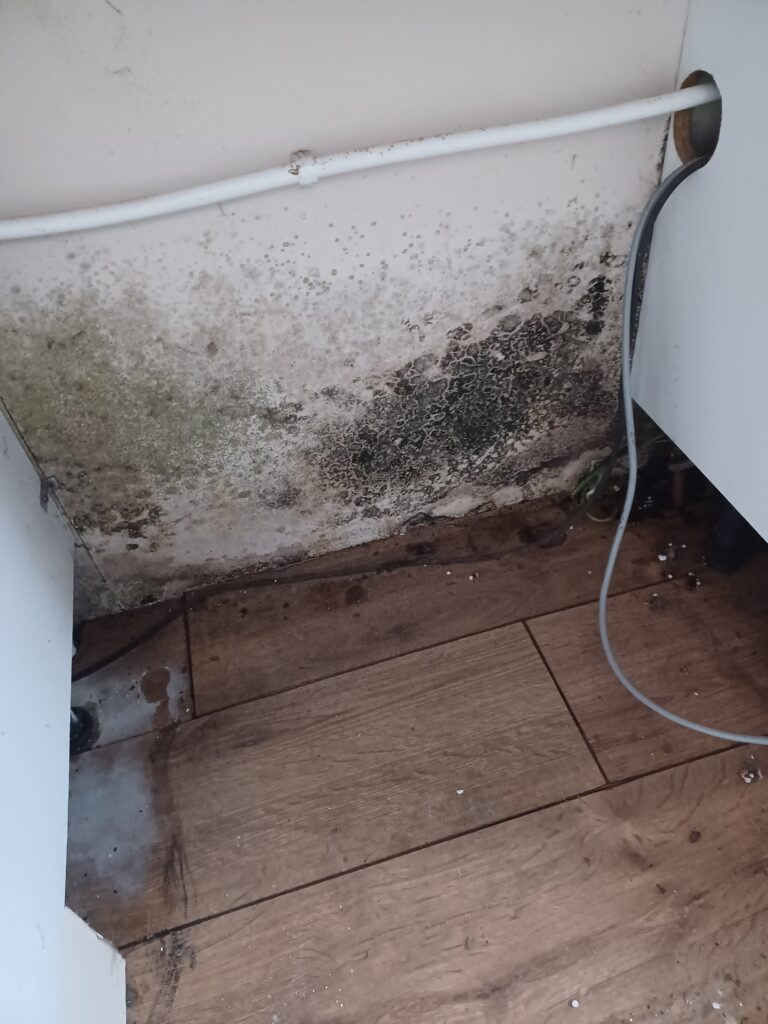
Open taps
Open the taps connected to the frozen pipe slightly. This helps relieve pressure build-up and gives melting water somewhere to go, reducing the chance of pipes bursting.
Apply gentle heat to the pipe
– Wrap warm towels around the frozen section. Reheat and replace the towels as they cool down, gradually melting the ice inside the pipe.
– Place a hot water bottle on the affected area. This steady, mild heat can be particularly effective in confined spaces.
– For quicker results, and only if safe to do so, carefully use a hairdryer on a low setting. (Don’t use a hairdryer in wet conditions). Hold it several inches from the pipe to avoid overheating or damaging the pipework.
Top tip: Avoid using flames, boiling water, or any high-heat sources, as these can damage your pipes. Patience is key to thawing pipes safely.
Monitor for leaks
Once the ice has melted, carefully inspect your static caravan pipes for any cracks or leaks.
If you find any, keep the water supply turned off and call a professional to make repairs.
If you can’t see any obvious cracks or leaks turn the water back on, but then as water flows through pipes, it’s worth inspecting pipes again to make sure no water is leaking out.
Leaking pipes need immediate attention to prevent more damage to your static caravan.
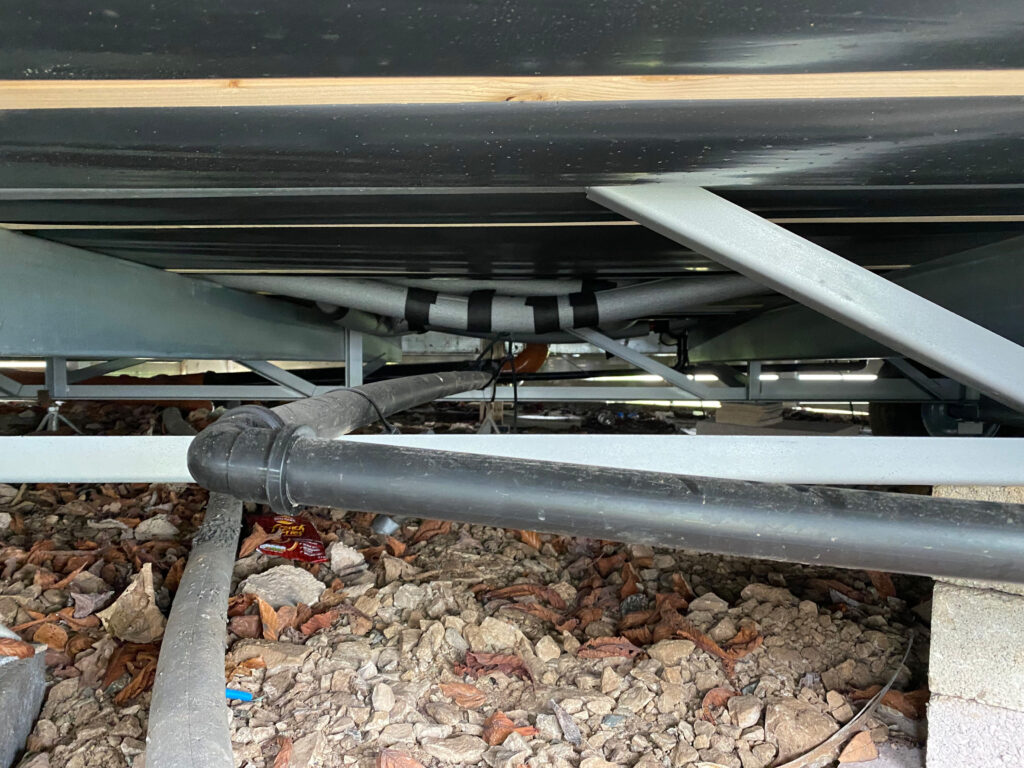
Tips to avoid frozen pipes in your static caravan
Preventing pipes from freezing in the first place is the best way to avoid having to defrost them:
- Add pipe insulation: Wrapping exposed pipes with foam insulation is a cost-effective way to protect them from the cold. This is especially useful for those pipes underneath your caravan or in other exposed areas, such as external taps.
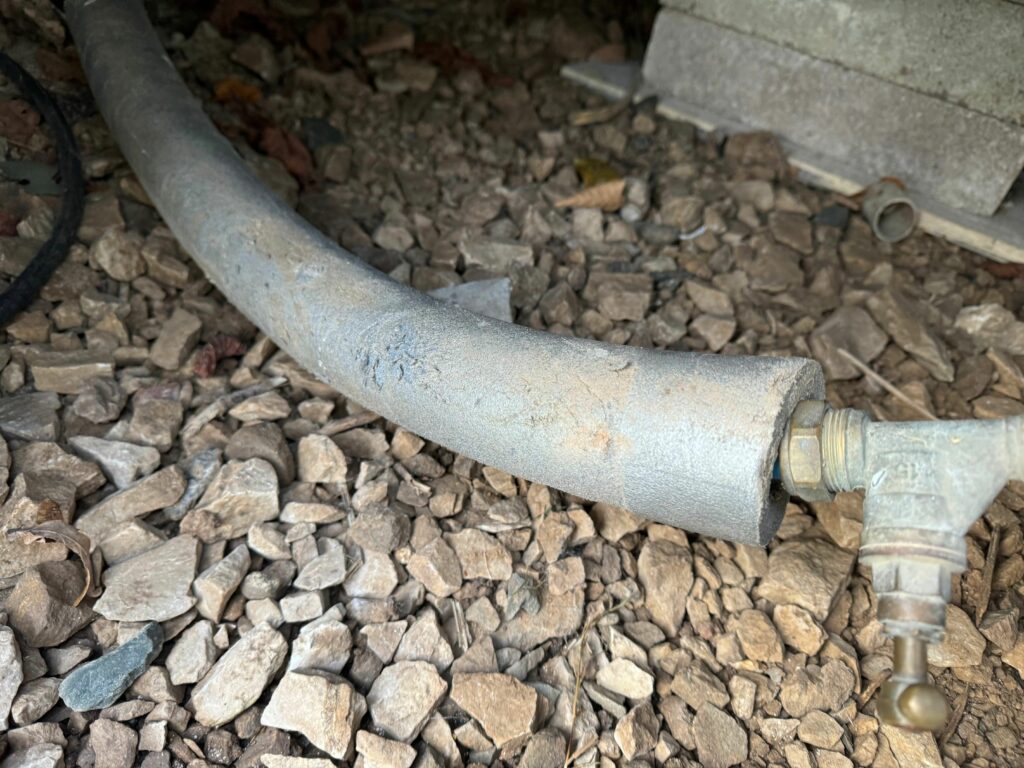
2. Drain down the system when not in use: If you’re leaving the caravan unattended during the winter months, draining down the water system will prevent water from sitting in the pipes and freezing. Drain all water from taps, showers, and toilets to safeguard against freezing. It’s usually a condition of your static caravan insurance policy to drain down your caravan when it’s not in use in the colder months. For Leisuredays’ policyholders, this is from November 1st to March 15th as part of our winter weather precautions.
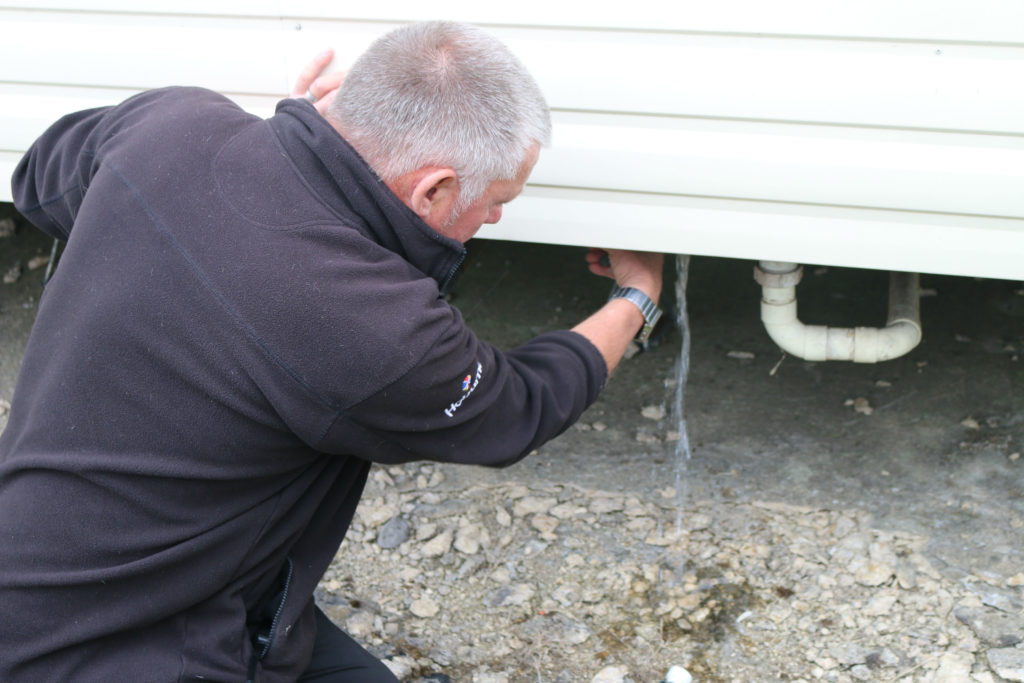
3. Leave the heat on low: If your caravan has central heating, consider leaving it on a frost or low setting when you’re not there. Even a slight increase in temperature can help prevent pipes from freezing. Setting the thermostat to about five to seven degrees should be enough.
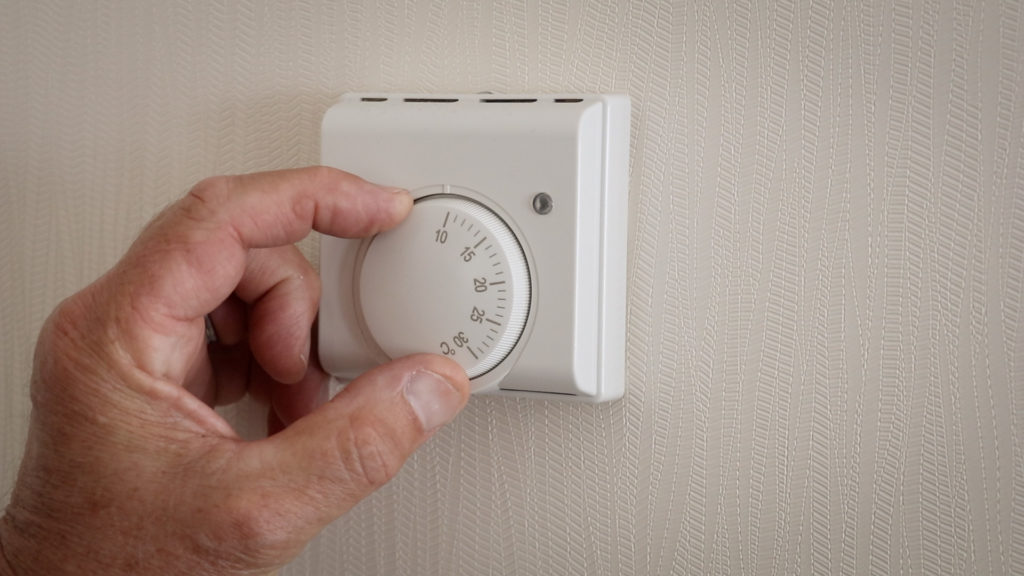
In the unfortunate event that a frozen pipe bursts, turn off the water supply as soon as possible to prevent damage from the escape of water. Clear any items from the affected area to avoid water damage, and mop up as much water as possible. Then, contact your park owner or a professional plumber for emergency help.
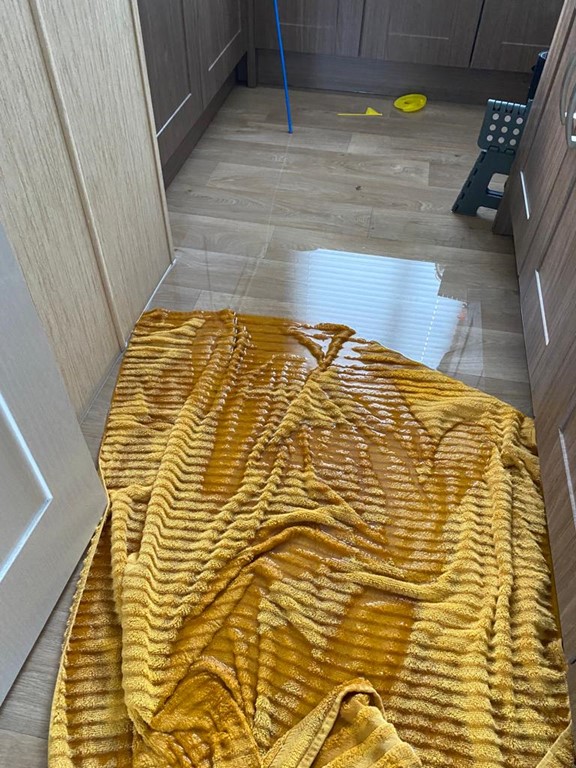





Thank you for your advice on topics for a static caravan. My partner are about to invest in our first static caravan.Having never owned a caravan before it’s a bit daunting about the things that can go wrong. All the advice on your website is helpful.
Thanks for the feedback Helen and we hope you enjoy your first static caravan. Liz
Is it not about time that manufactures started to insulate caravans properly, this is an easy think to do at manufacture, they should also eliminate copper piping from any system. Additionally add proper drain down valves independent of main isolation valves, very cheap to do.
I agree with Helen as this is my first static caravan, which I have only owned for a month! So all information is useful!I would also like to ask how long a large bottle of calor gas should last? Just I have visited 3 weekends in a row and it was full but nearly empty! Is this correct? Which will make my stay there very expensive at £125 per bottle!
Andrea it depends how often you have your heating on. Is yours on a lot because my 47kg bottles last a lot longer than that. Was it a new (full ) bottle when you started using it ? Or a partially full one left by a previous owner in your van is pre owned ?
Try avanti gas big bottle 65.00 delivered i live permanent and am using about 2 bottles a month in winter going up to 4 when it’s really cold only use about 1or 2 durring the summer
If I’m doubt about what needs to be done winterising and draining down it’s a must that advice is sought.
As a plumber of >50yrs I’ve seen the damage burst pipes and appliances can do!
However I would never advise leaving the heating on low. If the mains power fails the system won’t ignite, so too if bottled gas runs out, just not worth the risk. Also when the hot water pipework is drained some boilers won’t work due to the way they operate.
Personally i use a high powered wet/dry vac to suck and blow water from every tap and even the water from traps on baths and sinks which i then fill with screen wash anti freeze. You can use specialist anti freeze in the c/heating pipework which only needs checking with a refractor each year to confirm it’s still correctly diluted. Draining down and refilling your c/h each year can be costly but it’s a personal choice obviously.
Either way it’s well worth spending wisely to protect your investment.
All sites will have someone on their books who can do this, if not book a specialist contractor who should be able to help but book early in the year, these guys get busy.
Hope this helps
It depends really on your usage Andrea. On the colder months last year i was using a bottle a week so that does seem about right.
However my rig is an old one, bit like its owner sadly, and the standard of insulation is not to Winter specification. And i don’t have carpets laid yet (long story).
Check with your manufacturer and they can advise. Some can do upgrades but i guess that could be costly.
I content myself with the fact that a bottle lasts ages in the warmer months and thermal clothing is relatively cheap on a Black Friday deal.
Good health and stay warm ❄️
Gas is expensive.
Calor state 72 hours of continuous use in a van. Which isn’t very cost effective . We had thermostatic valves put on our radiators so we can keep the heating on with valves at varying temperatures depending on room use. Doors shut. Installed folding doors between lounge and kitchen diner. Open plan is not fuel economic as even unused area are heated. Ours is a 12 month site and we use the van a lot in winter. Invest in portable electric heaters as gas shortage(cylinders) can and do happen